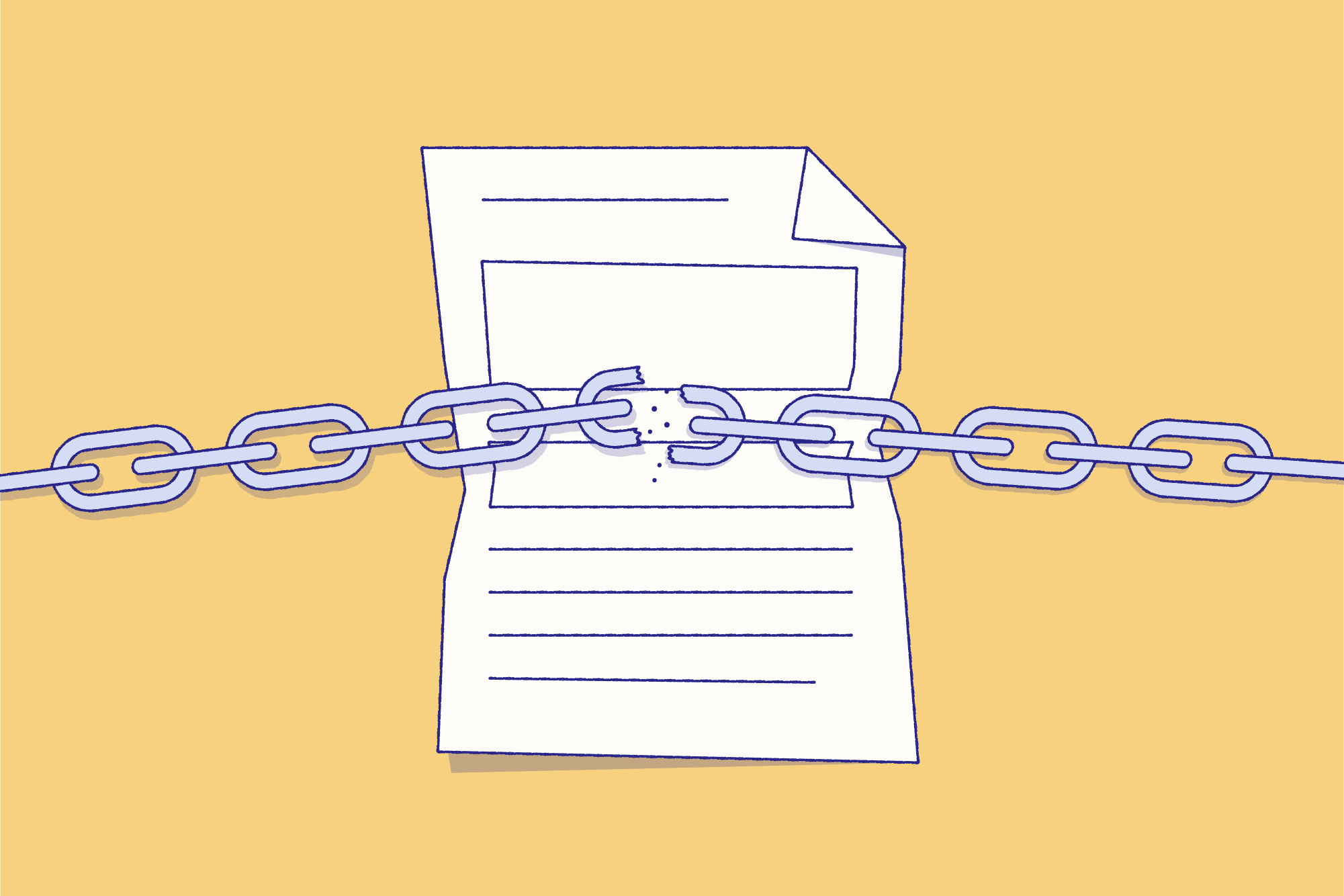The RFQ Exclusive: Negotiation tactics with Mark Raffan
Ben Winter: Mark, you are rightfully known as the Negotiation Ninja. What is the one skill every procurement and supply chain professional should continue to improve upon to be successful in a negotiation?
Mark Raffan: Rightfully known as the Negotiation Ninja.
Ben Winter: Rightfully.
Mark Raffan: You know what? I think that the one thing that everyone messes up on in negotiation, regardless of what discipline that you are in is practice.
Ben Winter: Yeah.
Mark Raffan: Negotiation is a skill. So the more that you practice, the better you're going to get. Like an athlete that has natural talent, the athlete that works hard is going to eventually beat out the athlete that has the natural talent. And so the more that you work, the more that you practice, the better you're going to get. The same as every skill that you develop, there is no silver bullet. It's practice, practice, practice.
Ben Winter: Yeah, it's interesting. I did a course, a semester long course, at business school and that was the one thing I realized, that when you do it every single week and you force yourself, even if it's in a mock situation, you force yourself to have that negotiation, it's the repetition and it's the way you learn from the previous ones, reviewing almost like game tape, how you review that game tape and prepare for the next one. It has a massive improvement on your ability to, to handle the situation, because one of the things I've learned is that emotion is the thing that you have to control the most in a negotiation, and if you let your emotions get ahead of you, then you kind of get beat. And so the more practice you have at controlling that emotional element is what creates that outcome. So I love that.
Ben Winter: What are your top tricks for being prepared for a supplier negotiation?
Mark Raffan: Top tricks for being prepared. I mean, I think the answer is in the question, is be prepared more than anything else. So if you're, if you're going to go into any kind of negotiation, preparation and planning is the number one thing that's going to help you to be successful. Now, when it comes to preparation and planning, the first thing that you have to, have to, have to know is your needs and your wants and what are the difference between those things, right? So internally within our organizations, I think we get very confused a lot of the time between needs and wants. Needs are things that we must have. Wants are things that would be nice to have but we get emotionally charged by all the wants, right?
Ben Winter: Right.
Mark Raffan: I want a Ferrari, but I only need a Toyota. And so we, we get overcome with all these wants and we have to be very clear with our internal business stakeholders. What's the difference between these two things before we go into the negotiation, to make sure that we negotiate for our needs first and then our wants second.
Ben Winter: Do you have any tricks around how to identify what's a want and what's a need?
Mark Raffan: Yeah. I mean, everything that you're negotiating for has to address a business need first, right? So number one, what is the business need? What problem are we trying to solve? We're not just going into negotiation willy-nilly, right? We're going into a negotiation trying to figure out how to solve the problem. And the thing that we're negotiating for has to solve that problem.
Ben Winter: Right.
Mark Raffan: So first, let's identify what the problem, and then, with that, we can identify, okay, what do we need to solve the problem, and then what would be nice to have on top of that once. We've solved the problem, what are the additional things, the cherries on top, that would be great, right? Do we need, 24/7 support, or will, you know, five hours a day work? Who knows? I don't know.
Ben Winter: Yeah, absolutely.
Mark Raffan: So we have to make sure that we address what we need first.
Ben Winter: How should procurement and supply professionals involve senior leadership in negotiations?
Mark Raffan: Carefully. I think that sometimes people in leadership positions, in especially in the procurement organizations, believe that they are better negotiators than they actually are.
Ben Winter: Interesting.
Mark Raffan: And oftentimes, they've been out of the game for so long that they've forgotten how to negotiate, and their game may not be very sharp. So I think from an advisory perspective is sort of how they need to be involved. In terms of, you know, how to negotiate, it, it's probably better that someone in another position handle that. And sometimes, people in those higher up positions let their ego get the best of them in those kinds of negotiations, and they end up giving away the farm.
Ben Winter: Mm-hmm (affirmative).
Mark Raffan: And so I think they need to be involved from sort of an advisory perspective, arm's length, more than anything else. They're great to go to because they've got a lot of experience, and so we should go to them if we get stuck or anything like that, absolutely. And we need to brief them on an ongoing basis. But in terms of being involved in the actual negotiation, only when absolutely required.
Ben Winter: Interesting. And so you wouldn't, it sounds like you're saying to not use the situation that everyone does, right, of, "Oh, I'll bring my senior leadership at the end to come and bring the hammer down and get a further cut." You think that that's not usually a helpful tactic?
Mark Raffan: I mean, it can be. Don't get me wrong. Having that extra hammer is fantastic at the end. It's always appreciated to have that.
Ben Winter: Right.
Mark Raffan: Oftentimes, though, I find that as long as the roles are clear, right? Like, as long you've, you've told them exactly what to do and when to do it, to lay down the hammer, then I think that's fine. But if you give them too much rope, they tend to hang themselves. So make sure that you're, you're very clear on what expectations are in the role with regards to the negotiation.





